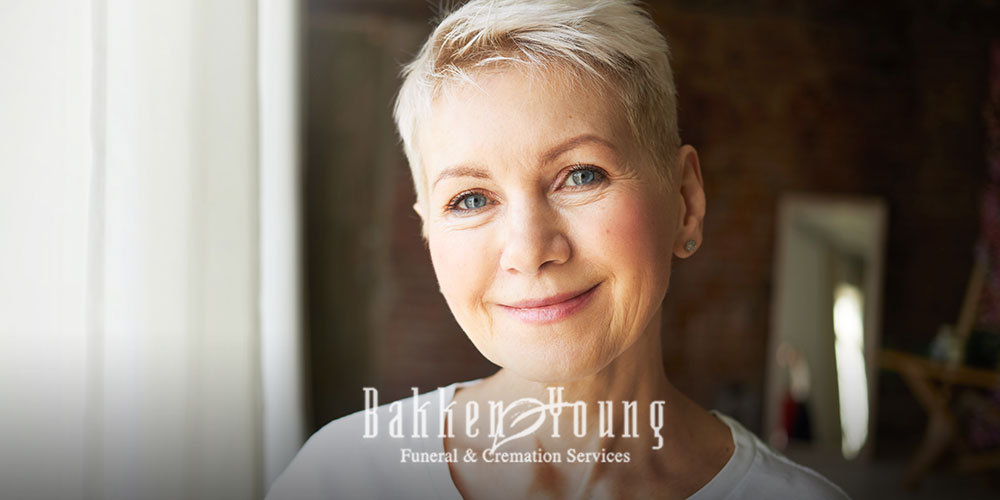by Julia Rajtar, M.A.P.S., BCC
After a loss, how do you move beyond coping and surviving to being transformed and thriving? Ben Wolfe, M.Ed., L.I.C.S.W., FT, and a presenter at Bakken-Young, provides guidance on this topic. There are many types of losses we experience in life. If you are reading this, you have probably experienced the death of a loved one. This type of loss describes Loss of Self which is reflected in the question “now what” after a death. Loss of self includes matters like loss of health, loss of jobs, loss of rolls – as we ask things like am I still parent, wife, child after a death or when dad dies, who takes on some of his tasks for the family? This category of loss also takes into account loss of the future, the loss of the hopes and dreams we held.
Loss of Possessions
Another type of loss is Loss of Possessions including from natural disasters, fires, or war. After a death, we are given guidance from others on what to do with the possessions of the person who died. That decision is up to you. Hold them for a while(you decide what that means), give them to others who can use them, or box them up for now and sort through them later.
Developmental Loss
A third type of loss is Developmental Loss, described as losses we have experienced throughout life, as young children to current age. This includes taking stock of both the positive and negative events. Positive events include weekly sharing a home cooked family meal together, winning a state tournament, being a part of a school play, taking a family trip we will never forget. Negative coping comprises things like drinking, using other chemicals, impulsive shopping-spending more than you have, becoming sexually active – a particular coping tool adolescents tap into. Positive coping can include writing in a journal, volunteering, finding exercise such as yoga, practicing meditation, etc. An exercise of taking an inventory of the positive and negative coping, throughout life, can help us see how we managed and assessed some of the tools in our own hope chest.
Loss of Significant Others
The fourth loss Ben describes is Loss of Significant Others, describing those who live and die with Dementia: Alzheimer’s, Lewy Body disease, Neuro-Vascular Dementia. This also includes the death of a loved one, if a loved one is incarcerated and includes when family members have moved away.
After all these types of losses, how do you move from coping and surviving to being transformed and thriving? Ben proposes not just a remodel but a renovation of ourselves. He says a remodel is when we update an existing structure with cosmetic changes and a renovation requires changing the structure through demolition and construction. We renovate ourselves as we mourn our loss and express our grief, allowing grief to be an active process that we participate in, as we relearn who we are now in the world, as a result of this loss. In recognizing life’s worth, the bereaved become active through new choices and commitments, remodeling within.
Further Resources
For more information on this topic go to: VIDEO: RENOVATING AND REMODELING: MOVING BEYOND JUST COPING AND SURVIVING. Tragedy Assistance Program for Survivors, T.A.P.S., Presenter: Benjamin Wolfe, 8.9.22.


Add Comment